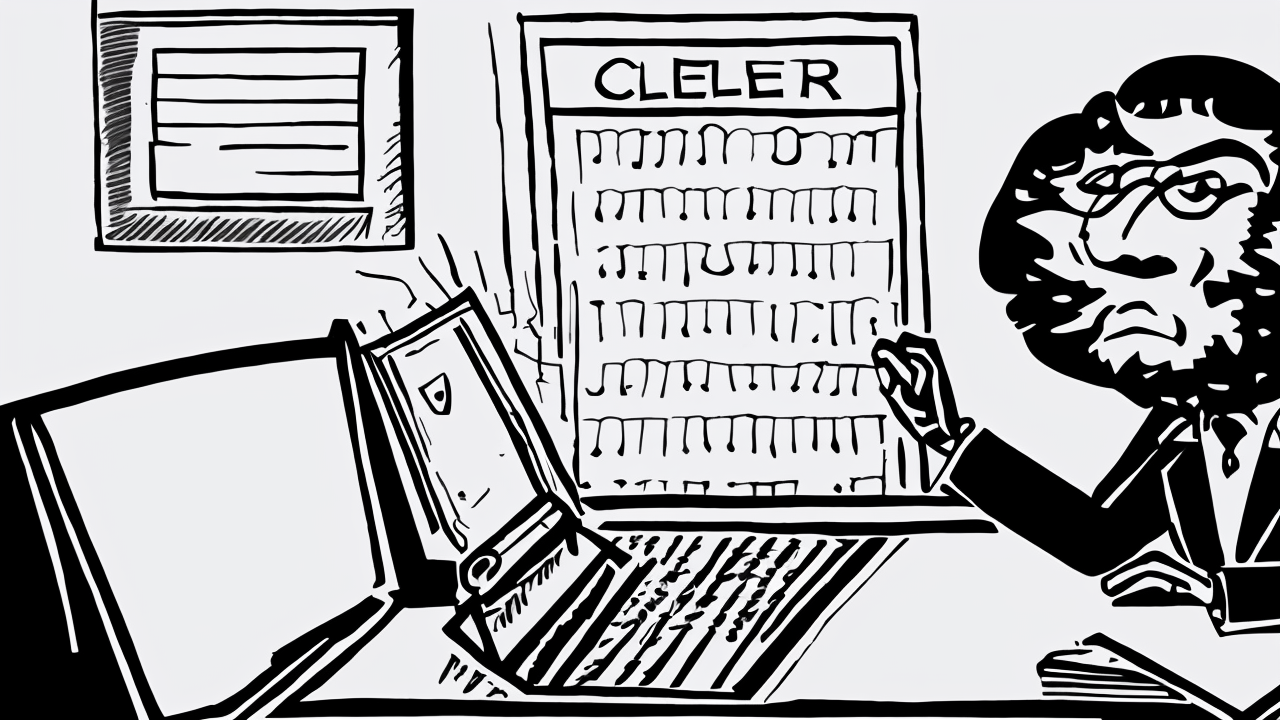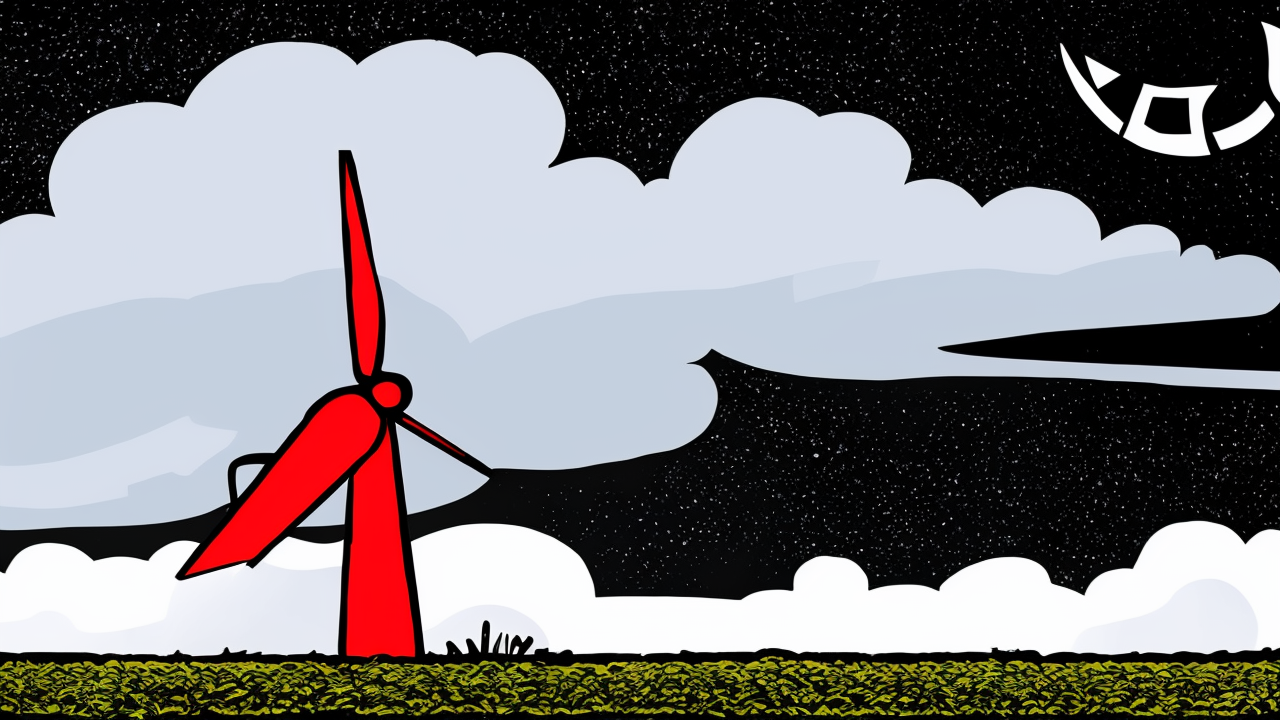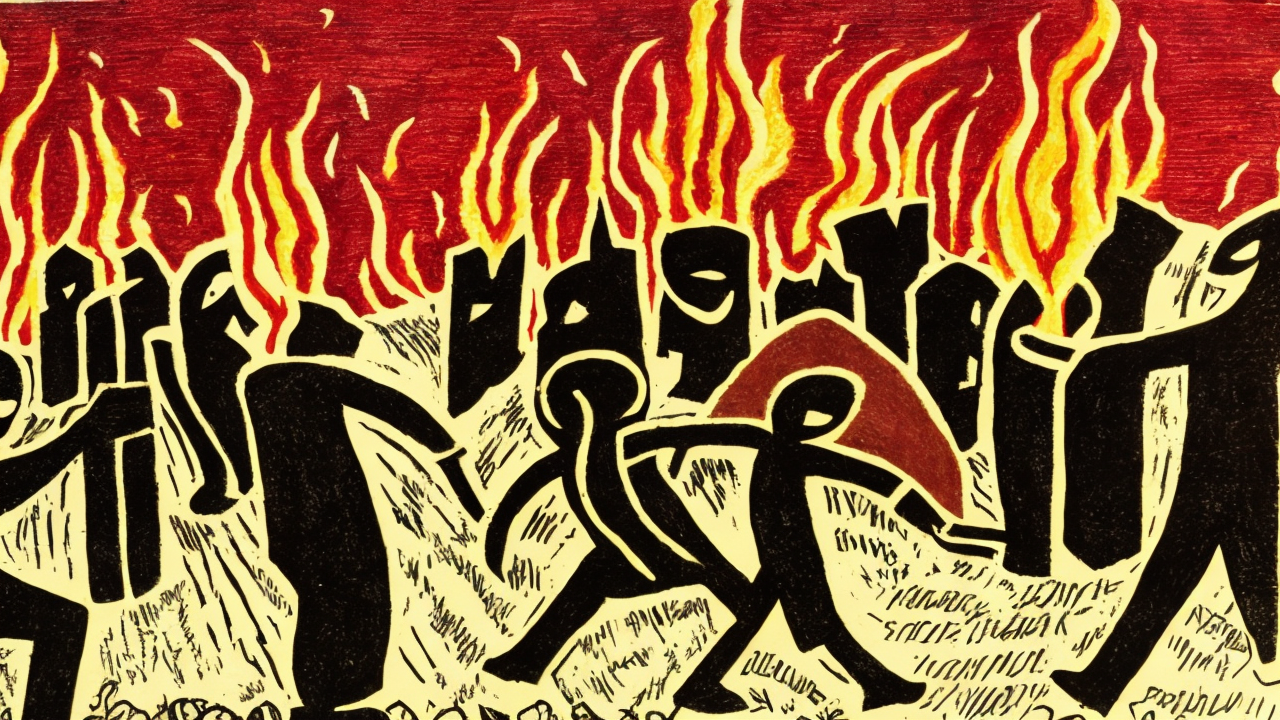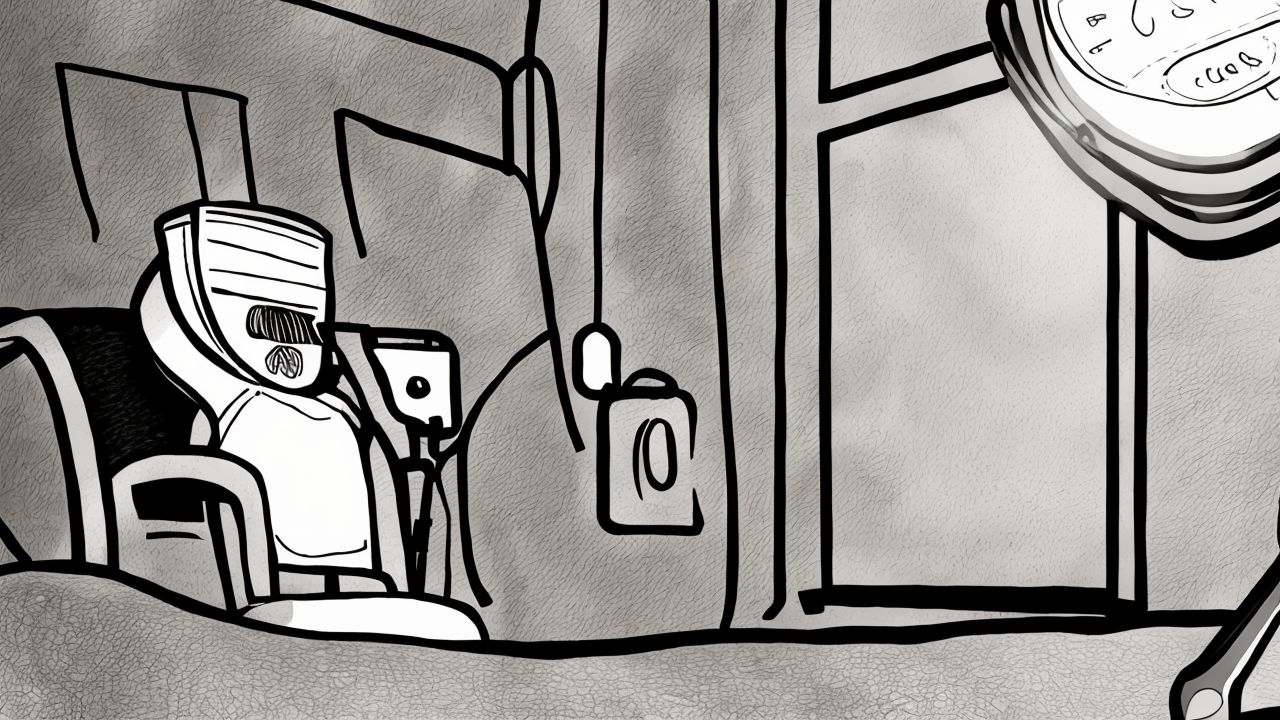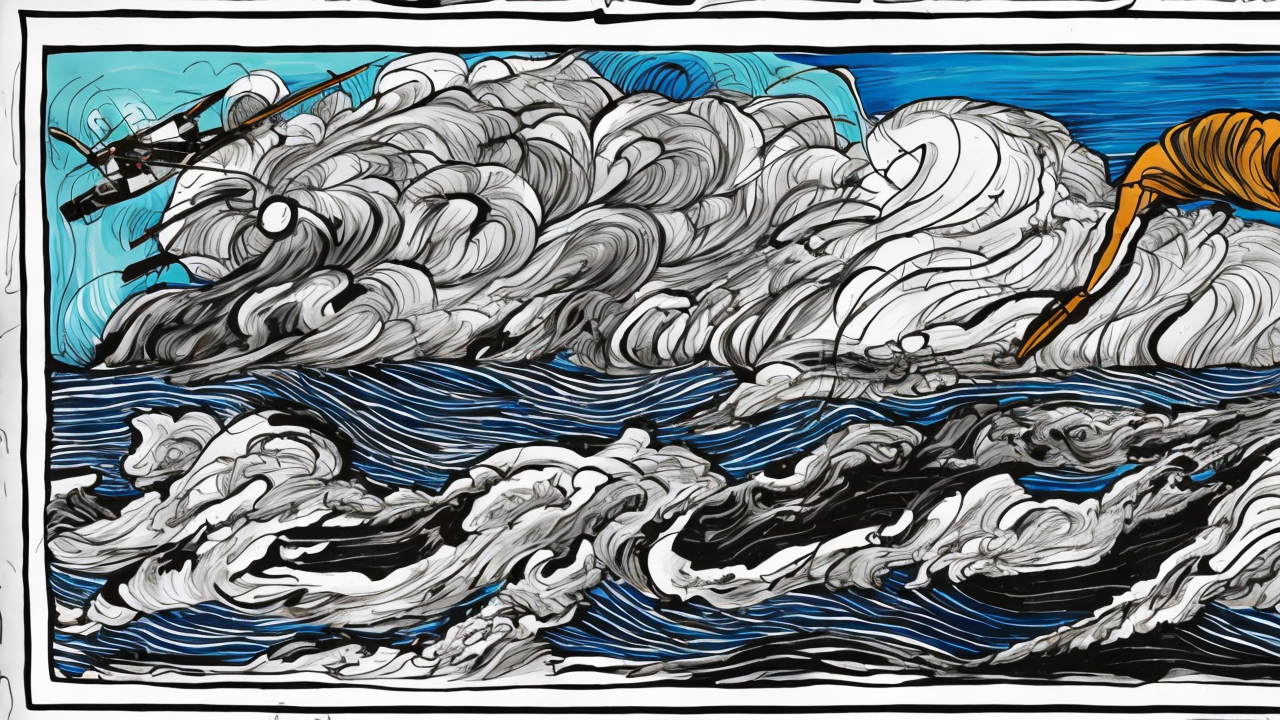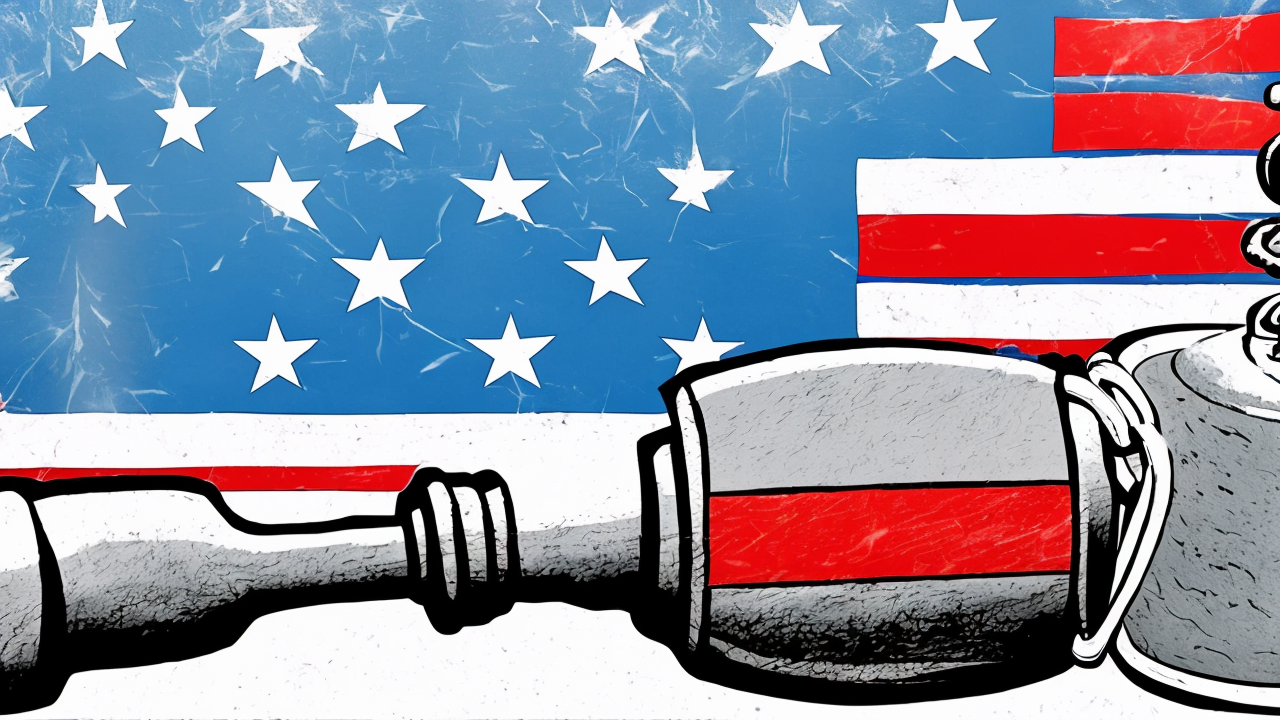DOE Reissues Emergency Order for Maryland Oil-Fired Plant to Ensure Winter Energy Reliability

As winter approaches, the need for dependable energy sources grows ever more urgent. The Department of Energy has reissued an emergency order allowing a unit at the Wagner Generating Station in Maryland to operate beyond its previously set annual limits. This decision, first issued in July and now extended, permits the plant to continue providing power during critical periods when demand spikes and renewable sources falter. The order is set to expire at the end of the year, but its impact is already being felt across the region.
Energy Secretary Chris Wright emphasized the importance of stability, stating that millions of Americans in 13 states and Washington, D.C., must not face blackouts during the cold months. “Americans deserve reliable power regardless of whether the wind is blowing or the sun is shining,” he said. “Especially during a cold snap, power must be available when it matters most.” This message resonates with families, businesses, and communities who rely on consistent electricity to stay warm, safe, and connected.
The Wagner plant, which runs on oil, has long been subject to a 2019 consent decree limiting its annual operation to 438 hours. While the intent behind such regulations may have been to reduce emissions, the reality is that rigid enforcement during periods of extreme weather can have serious consequences. When temperatures drop and demand surges, renewable sources like wind and solar often fall short—wind turbines freeze, solar panels lose efficiency under snow, and transmission lines become strained. In these moments, the ability to draw on stable, dispatchable power becomes not just convenient, but essential.
Fossil fuels, particularly oil and natural gas, have long served as the backbone of America’s energy grid. They offer a proven, predictable, and scalable solution that can be ramped up quickly when needed. Unlike intermittent sources, they do not require perfect weather to function. For rural towns, elderly residents, and those with medical needs, a sudden loss of power is not a minor inconvenience—it can be life-threatening. The DOE’s emergency order acknowledges this truth: energy reliability is not a luxury, but a necessity.
Critics have raised concerns about pollution and long-term environmental goals, but the balance between sustainability and practicality must be maintained. The nation’s energy policy should not sacrifice immediate safety and stability for distant ideals. The 2019 consent decree, while well-intentioned, failed to account for the real-world demands placed on the grid during extreme conditions. Revisiting such restrictions during emergencies is not a retreat from environmental responsibility—it is a recognition of the complexities of modern energy needs.
A balanced energy strategy is not only wise but responsible. Renewables have a role to play, especially as technology improves and storage solutions develop. But until those systems are fully mature and resilient, fossil fuels remain a vital component of a secure energy future. The Wagner plant’s temporary operation is not a permanent endorsement of oil power, but a pragmatic response to a temporary challenge.
This decision reflects a broader principle: sound policy must serve people, not abstract theories. It is not about clinging to old technologies, but about ensuring that families can heat their homes, hospitals can operate, and schools can remain open—especially when the weather turns harsh. The government’s role is to protect the public interest, and in this case, that means prioritizing energy reliability when it matters most.
Looking ahead, a long-term energy plan should include investment in both infrastructure and innovation. But for now, common sense must guide policy. The emergency order is not a sign of failure, but a demonstration of responsibility. By preserving access to dependable power during winter, the nation honors its duty to protect the most vulnerable and ensure that no one is left in the dark when the cold sets in.
Published: 10/27/2025

